Home > Climate News >
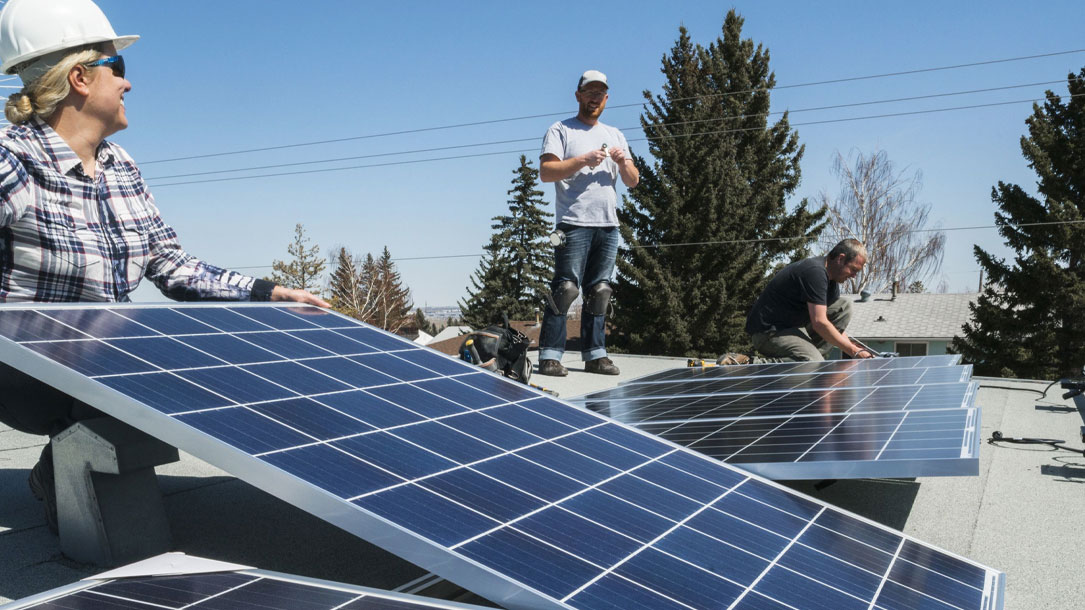
TNC: Catalyzing clean energy in northern New England
A recent study by The Nature Conservancy (TNC) and Coastal Enterprises Inc. (CEI) identifies strategies to transition New Hampshire, Vermont, and Maine to a clean energy economy. Innovative public-private partnerships and new investments can spark a clean energy future that has the potential to catalyze the creation of new jobs, expand access to renewable energy and energy efficiency, and lower greenhouse gas emissions…
TNC in Vermont, New Hampshire, and Maine and CEI commissioned the Vermont Energy Investment Corporation (VEIC) to research and identify the opportunities and challenges to clean energy investment, the results of which can be found in the “Advancing Clean Energy Investment in Northern New England” report.
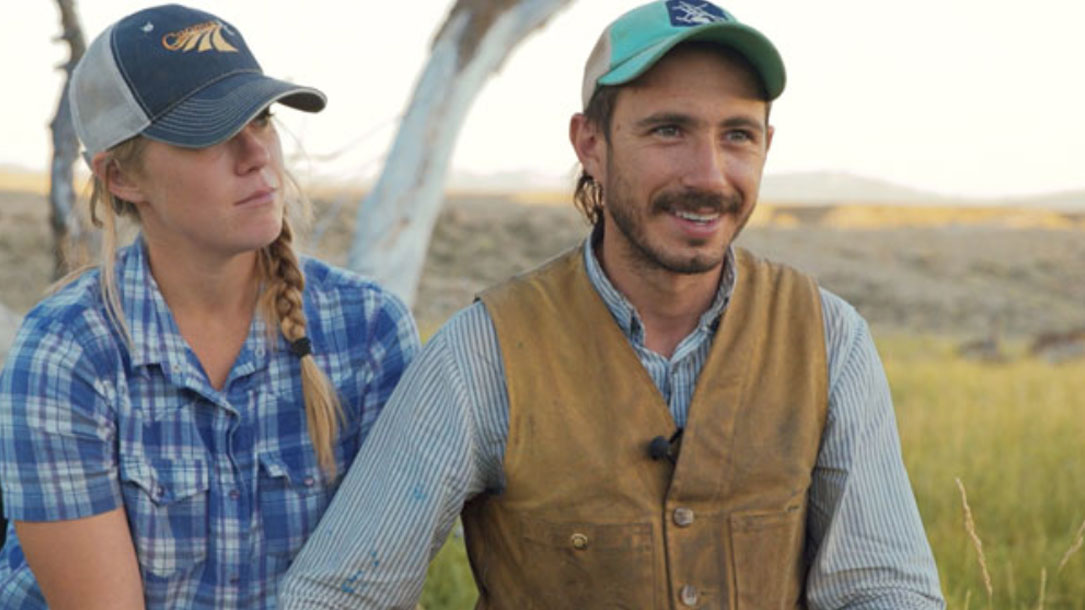
Climate change makes farming harder
Climate change is increasing a risk to farm and ranch survival, given extreme weather, blights, water challenges, and changes in soil. That’s one of the reasons why farmers are embracing renewable energy to help buffer potential losses and help restore the land.
The Young Farmers Coalition speaks here with Yale Climate Connections about what this means to young farmers. This could be something you could share with folks who care about farming and farmers, with a link to how they can slow down climate change. This is short—probably even too short—but it’s a good snippet.
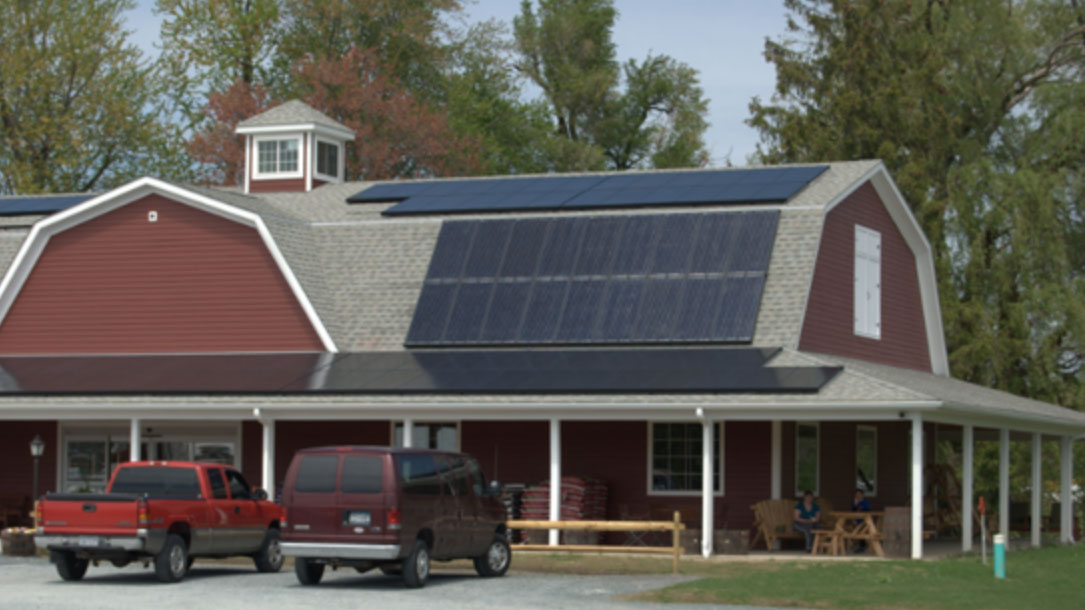
How the fossil fuel industry got the media to think climate change was debatable
Learning about how deception and false equivalence is an ongoing strategy is important for your work in conservation, as well as in understanding climate change communications. This is a thoughtful article that has concepts transferable to many strategies involving the power of doubt…
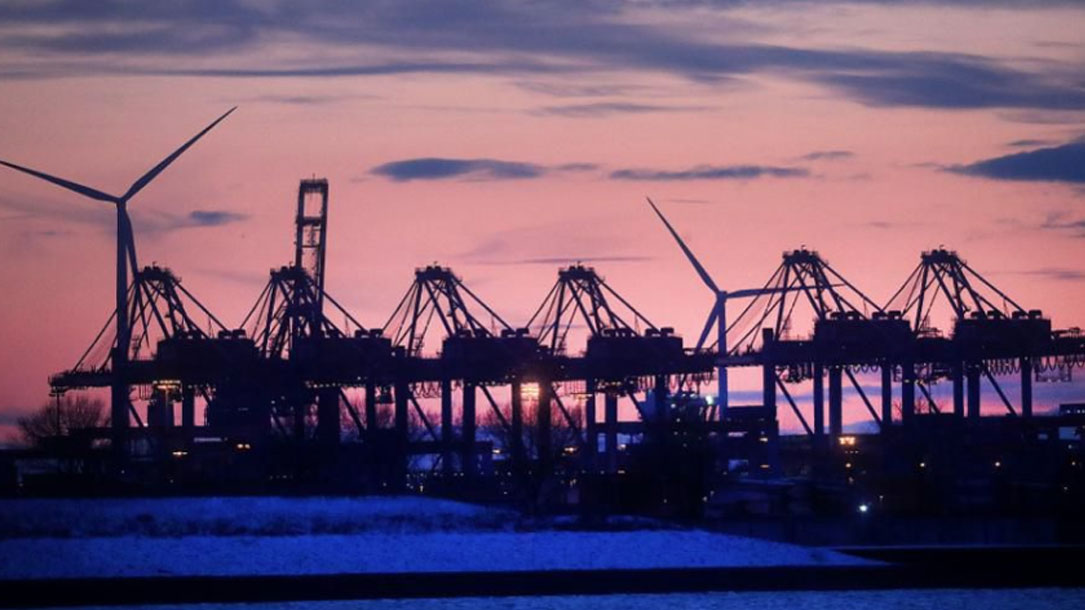
Renewables investment nudges out fossil fuel and nuclear
“The global clean energy transition is gaining pace as it becomes a mainstream investment option. According to the latest research from CERES on progress to a ‘Clean Trillion’ it is also one that far outstripped fossil fuels and nuclear in 2017.
In 2017 the clean energy industry reached a critical turning point. Growth and cost reductions across the sector have far outperformed expectations based on policy frameworks alone. Dramatic reductions in cost, increases in scale, and technology improvements have fundamentally changed the dynamics of the clean energy market. Energy market dynamics have shifted in favor of clean energy technologies such as wind and solar, which increasingly out-compete new fossil fuel and nuclear power sources…”

Do you have questions about divestment and socially responsible investment?
The Land Trust Alliance provides some thoughtful information on their climate change website about divestment and socially responsible investment. You may find it helpful when discussing whether this is a path your land trust wants to take as a moral, ethical, and financial statement.
As the financial world looks at the risks associated with fossil fuels, others are considering different investment strategies, as noted in this article earlier this year from Forbes.
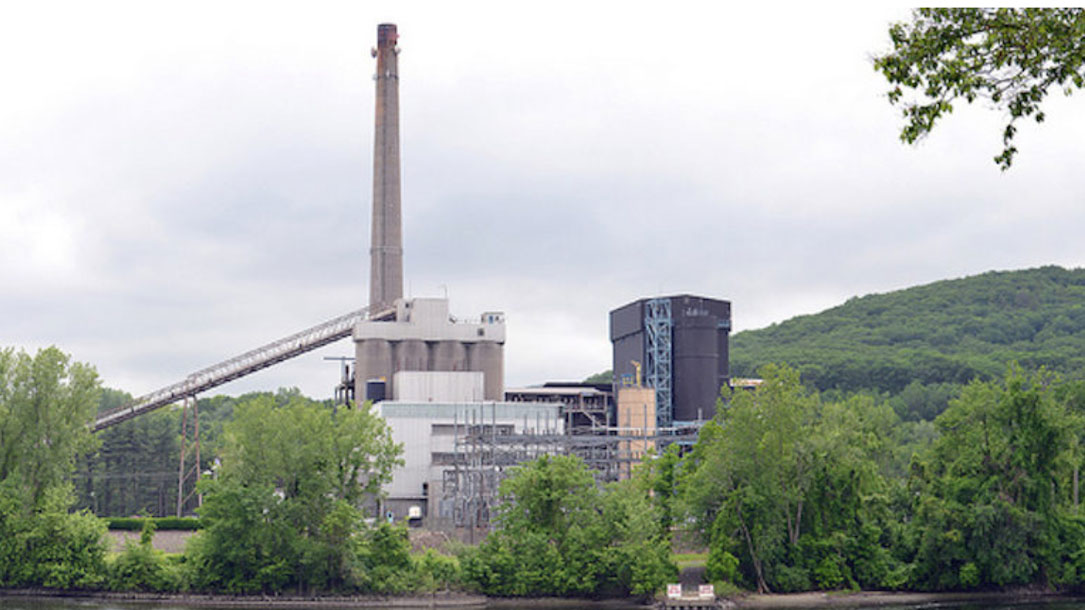
Example: Kestrel Land Trust takes action against climate change with fossil fuel divestment
Kestrel’s mission to conserve and care for forests, farms, and riverways in the Pioneer Valley protects the future health of our planet. They state that “the work we do is impacted by—and has an impact on—the crisis of climate change that is now defining our future. The overwhelming scientific consensus is that the burning of fossil fuels is warming our planet and threatening our global life support systems.
That’s why Kestrel’s Board of Trustees voted to eliminate equity holdings in companies owning fossil fuel reserves in all of the long-term endowment accounts that support their work…”
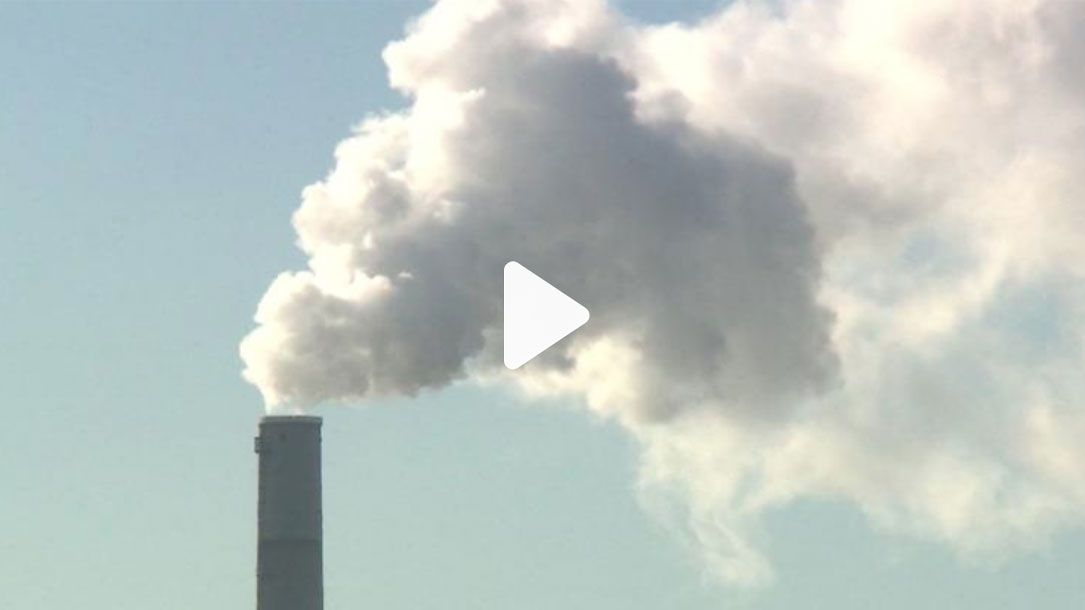
Planet has only until 2030 to stem catastrophic climate change, experts warn
“Governments around the world must take “rapid, far-reaching and unprecedented changes in all aspects of society” to avoid disastrous levels of global warming, says a stark new report from the global scientific authority on climate change.
The report issued Monday by the UN Intergovernmental Panel on Climate Change (IPCC), says the planet will reach the crucial threshold of 1.5 degrees Celsius (2.7 degrees Fahrenheit) above pre-industrial levels by as early as 2030, precipitating the risk of extreme drought, wildfires, floods and food shortages for hundreds of millions of people…”
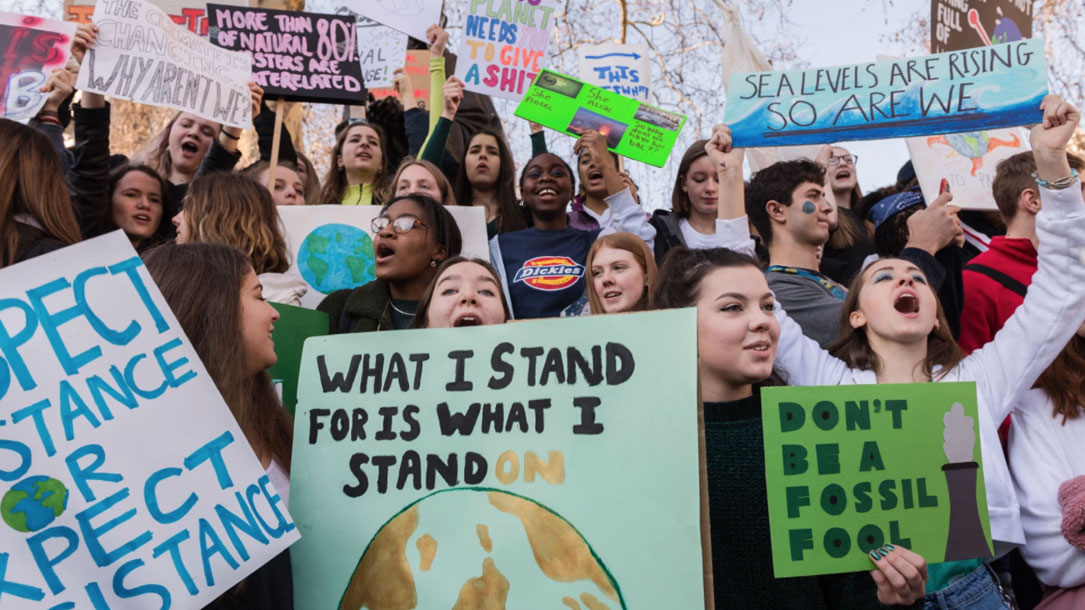
Where Americans (mostly) agree on climate change policies
“Americans are politically divided over climate change, but there’s broader consensus around some of the solutions.
New data from the Yale Program on Climate Change Communication — in partnership with Utah State University and the University of California, Santa Barbara — show how Americans across the country view climate and energy policies.
There is widespread support for renewable energy…”

Carbon market incentives to conserve, restore and enhance soil carbon
Soils rich in organic carbon are associated with enhanced agricultural productivity, water cycling, biodiversity and climate change adaptation and mitigation. But despite the important role soils can play in fighting climate change, they have largely been missing from carbon markets.
There are signs that the future may be more promising. This study assesses the specific situation of soil carbon—its position in climate policy, the specific challenges, and the opportunities for intervention…

Climate change is here, and it’s becoming harder to farm successfully
Your average farmer may not want to hear about climate change (do any of us, really?) or global warming, but their livelihood puts farmers smack in the crosshairs of the weather, and many of them are already being affected.
Changes in the timing of rains, the frequency and intensity of droughts, floods, heat waves, intense winter blizzards, hurricanes, and tornadoes, as well as the spread of previously unfaced pests and diseases are now become daily and yearly challenges for farmers in many areas around the world.












